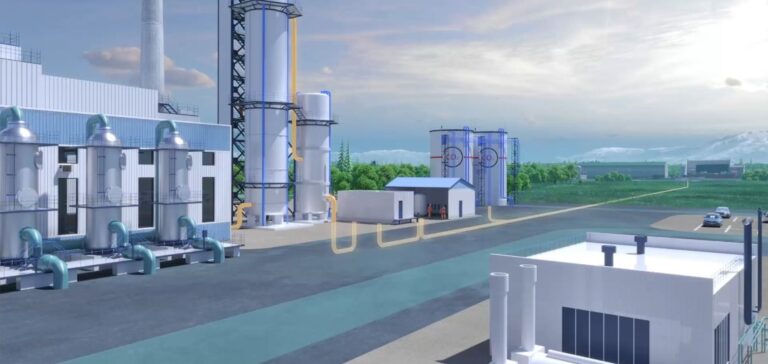The inventory of potential geological CO2 storage capacities in France has been published by the DGEC in response to the obligations of the European Net Zero Industry Act (NZIA). Conducted by a consortium of partners including the Bureau of Geological and Mining Research (BRGM), AKKODIS, AVENIA, CVA, GEOSTOCK, IFPEN, TEREGA, TOTALENERGIES, and the University of Lorraine, this study represents the first national evaluation of its kind.
A technical estimate of storage potential
The EVASTOCO2 study estimates a storage potential of 1.1 billion tonnes in closed geological structures and 3.6 billion tonnes in storage units outside geological traps. However, these figures represent theoretical resources and do not guarantee the economic or technical viability of the identified sites.
France, as part of its CCUS strategy, plans to explore these storage capacities on its territory by 2030. To date, no research permits have been granted, and any future exploitation will require in-depth studies as well as consultations with stakeholders, in accordance with applicable regulations.
A European and industrial challenge
The European Union and the Intergovernmental Panel on Climate Change (IPCC) consider carbon capture and storage as a solution to reduce residual emissions from industries where low-carbon alternatives are limited. France is aligning with this strategy by collaborating with other EU member states to access storage infrastructures in the North Sea and the Mediterranean.
Any initiative in this field must ensure the permanence and safety of storage, in compliance with European Directive 2009/31/EC on the geological storage of CO2. If these resources are utilized, they could play a strategic role in managing French industrial emissions.





















